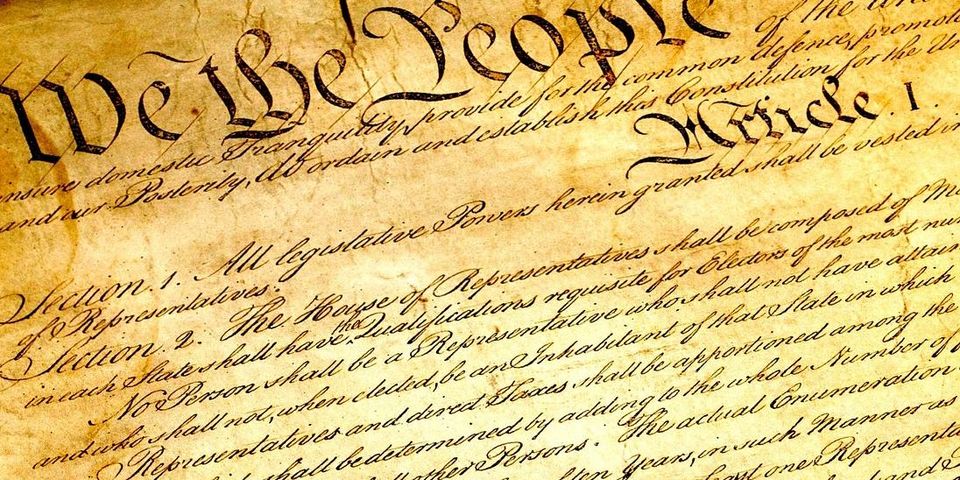A Warner Robins Defense Attorney Explains Why You Have the Right to Remain Silent

Anyone who has seen a police drama, court procedural, or even an episode of “COPS” on television is familiar with the passage recited by police any time they initiate an arrest. But what does the “right to remain silent” mean, how can it help you, and on what legal principles does it rest? Here, The Walker Firm, with seasoned defense attorneys in Warner Robins, GA, explain the famous Miranda warning and its significance in criminal law:
What Is The Right To Remain Silent?
Simply put, the right to remain silent means that even after being arrested, suspects are constitutionally protected from any legal obligation to say anything to the police. It can, in fact, be unwise to offer any information without the advice of a criminal defense lawyer.
How Does This Influence An Investigation?
The right to remain silent is important for defendants because it can protect them from unwittingly incriminating themselves. Most suspects tend to be caught off guard by an arrest, and the situation is fundamentally uncomfortable. Without certain constitutional protections, suspects could be cajoled or intimidated into offering confessions after an arrest—true or not—that they would never offer if they had an experienced defense lawyer by their side.
What Is The Legal Basis For The Right To Remain Silent?
The right to remain silent is based on the Fifth and Sixth Amendments to the United States Constitution, part of the Bill of Rights. The Fifth Amendment holds that a person cannot be compelled to testify against himself when facing criminal law charges. The Sixth Amendment guarantees, among other things, a defendant’s right to legal counsel.
 Because a person is unlikely to be in the presence of his defense lawyer immediately after arrest and might not be aware of his Fifth Amendment rights, the United States Supreme Court has held that any testimony coerced from arrestees who have not been informed of their rights is inadmissible in court. This was decided in the landmark 1966 case Miranda vs. Arizona, which is why the recitation by police officers upon the arrest of a suspect has come to be known as the “Miranda Rights.”
Because a person is unlikely to be in the presence of his defense lawyer immediately after arrest and might not be aware of his Fifth Amendment rights, the United States Supreme Court has held that any testimony coerced from arrestees who have not been informed of their rights is inadmissible in court. This was decided in the landmark 1966 case Miranda vs. Arizona, which is why the recitation by police officers upon the arrest of a suspect has come to be known as the “Miranda Rights.”
How Can My Miranda Rights Protect Me?
The reason police have adopted reading arrestees their rights as a policy during arrests is because by informing the detainee of these rights, the police render any subsequent statements admissible in court. In other words, you have the right to remain silent, but if you don’t, then “anything you say or do may be used against you in a court of law.” In most cases, it’s wise for an arrestee to not offer any information before consulting with a criminal law attorney.
The Miranda Rights only truly protect defendants until they choose to say something. If you have been arrested in Warner Robins, GA, or anywhere in the Macon area and need an experienced defense attorney to represent you in court, call the Walker Law Firm today at (478) 923-4152 or visit their website for more information.
About the Business
Have a question? Ask the experts!
Send your question

